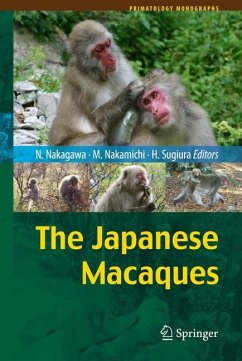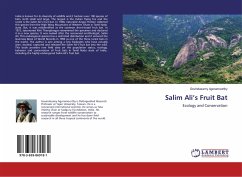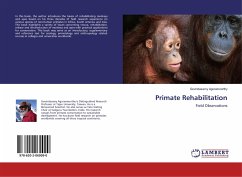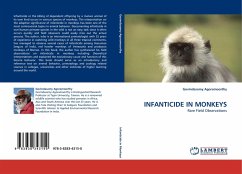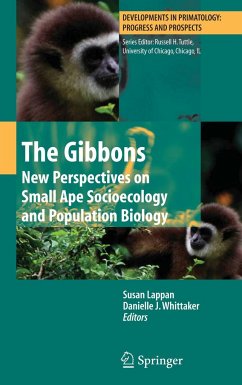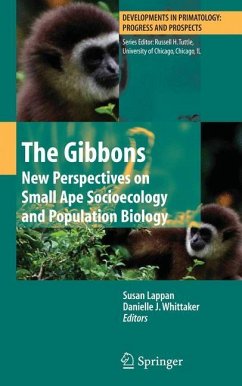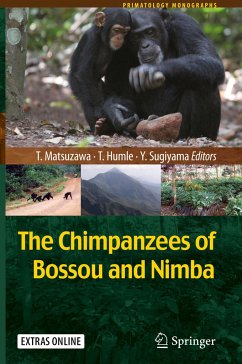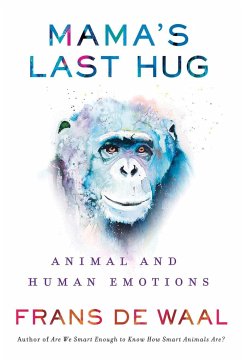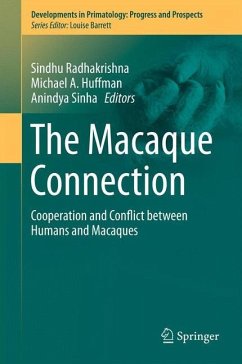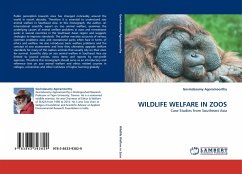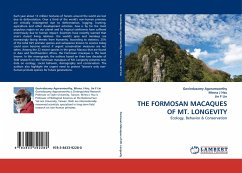
THE FORMOSAN MACAQUES OF MT. LONGEVITY
Ecology, Behavior & Conservation
Versandkostenfrei!
Versandfertig in 6-10 Tagen
45,99 €
inkl. MwSt.

PAYBACK Punkte
23 °P sammeln!
Each year about 13 million hectares of forests around the world are lost due to deforestation. Over a third of the world's non-human primates are critically endangered due to deforestation, logging, hunting, agriculture and other development activities. Asia is by far the most populous region on our planet and its tropical rainforests have suffered enormously due to human impact. Scientists have recently warned that man's closest living relatives- the world's apes and monkeys are increasingly facing threats from humanity. According to statistics, 25% of the total 625 primate species and subspe...
Each year about 13 million hectares of forests around the world are lost due to deforestation. Over a third of the world's non-human primates are critically endangered due to deforestation, logging, hunting, agriculture and other development activities. Asia is by far the most populous region on our planet and its tropical rainforests have suffered enormously due to human impact. Scientists have recently warned that man's closest living relatives- the world's apes and monkeys are increasingly facing threats from humanity. According to statistics, 25% of the total 625 primate species and subspecies known to science today could soon become extinct if urgent conservation measures are not taken. Among the 22 extant species in the genus Macaca that are found in Asia and Northwestern Africa, the Formosan macaque is the least known. In this monograph, the authors based on their two decades of field research on the Formosan macaques of Mt. Longevity presents new data on ecology, social behavior, demography and conservation. The authors also highlight the urgent need to protect Taiwan's only non-human primate species for future generations.



